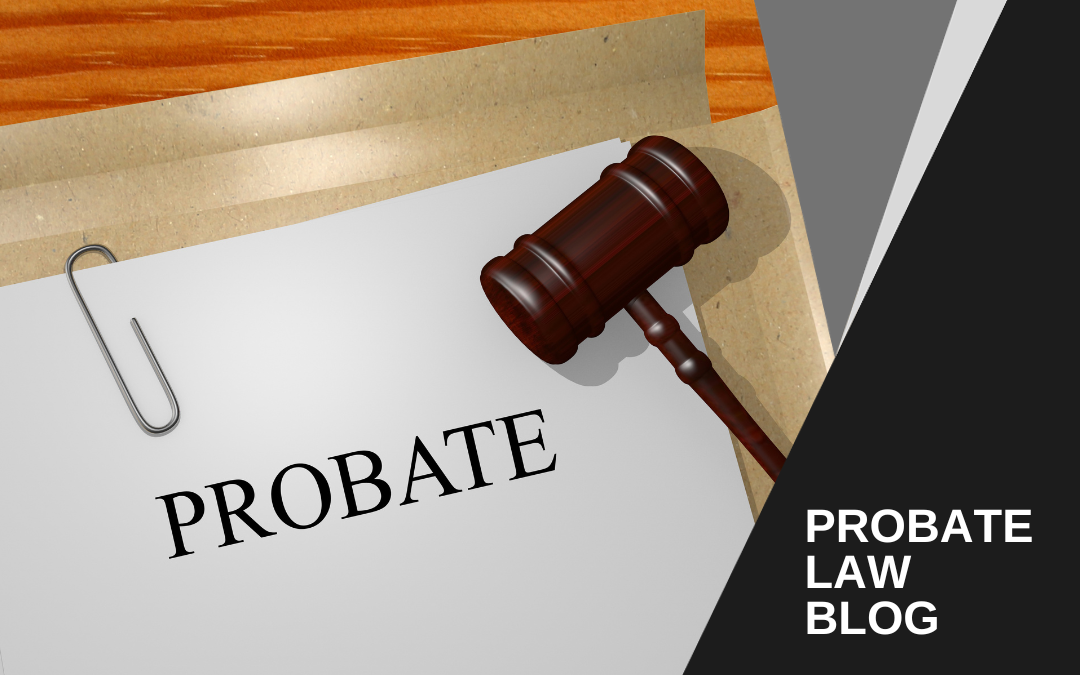
FAQ Probate Law
What is probate?
Probate is the legal process of distributing a deceased person’s assets and paying off their debts. It is overseen by a probate court, which is a specialized court that handles matters related to wills, estates, and trusts.
The probate process typically involves the following steps:
- Filing a petition with the probate court. This petition will typically include the deceased person’s name, date of death, and a list of their assets.
- Appointing an executor or personal representative. This is the person who will be responsible for carrying out the terms of the will and administering the estate.
- Notifying creditors and beneficiaries. The executor will need to notify all creditors of the deceased person’s estate and all beneficiaries named in the will.
- Inventorying the assets of the estate. This includes all of the deceased person’s property, such as real estate, bank accounts, and investments.
- Appraising the assets of the estate. This is the process of determining the value of the deceased person’s assets.
- Paying off the debts of the estate. This includes any outstanding debts, such as credit card bills, medical bills, and funeral expenses.
Distributing the assets of the estate to the beneficiaries. This is the final step of the probate process, and it involves distributing the deceased person’s assets to the beneficiaries named in the will.
The probate process can be complex and time-consuming, and it is often helpful to have an attorney to guide you through the process.
Do I need to go through probate?
Whether or not you need to go through probate depends on the size and complexity of your estate. If you have a small estate, you may be able to avoid probate through a process called small estate administration. However, if you have a large or complex estate, you will likely need to go through probate.
How long does probate take?
The length of time it takes to go through probate varies depending on the size and complexity of the estate.
What are some factors that affect the length of probate?
Here are some factors that can affect the length of the probate process:
- The size of the estate: The larger the estate, the longer it will take to inventory, appraise, and distribute the assets.
- The complexity of the estate: If the estate includes complex assets, such as real estate or businesses, it will take longer to probate.
- The number of beneficiaries: If there are a large number of beneficiaries, it will take longer to distribute the assets.
- The efficiency of the probate court: The efficiency of the probate court can also affect the length of the process.
If you are concerned about the length of the probate process, you can take steps to expedite the process. For example, you can work with your attorney to gather the necessary paperwork as soon as possible. You can also cooperate with the probate court and promptly respond to any requests for information.
How can I expedite the probate process?
Here are some tips for expediting the probate process:
- Gather the necessary paperwork as soon as possible. This includes the deceased person’s will, death certificate, and a list of their assets.
- Hire a probate attorney. An attorney can help you navigate the probate process and ensure that your estate is settled as quickly as possible.
What are the costs of probate?
The costs of probate vary depending on the size and complexity of the estate. However, they typically include:
- Court fees: These fees are charged by the probate court to cover the cost of administering the estate. The amount of court fees will vary depending on the state in which you live.
- Attorney fees: If you hire an attorney to help you with the probate process, you will need to pay their fees. Attorney fees are typically based on an hourly rate, but they may also be a flat fee or a percentage of the value of the estate.
- Executor fees: The executor is the person who is responsible for carrying out the terms of the will and administering the estate. Executors are typically entitled to a fee for their services. The amount of the executor’s fee will vary depending on the size and complexity of the estate.
Are there additional costs to probate?
In addition to these fixed costs, there may also be other costs associated with probate, such as:
- Appraisal fees: If the estate includes any valuable assets, such as real estate or jewelry, these assets will need to be appraised. Appraisal fees are typically based on a percentage of the value of the asset.
- Publication fees: If the executor is required to publish a notice to creditors, there will be a fee for this service.
- Storage fees: If the estate includes any personal property that needs to be stored, there will be a fee for this service.
How can I avoid probate?
Probate is the legal process of distributing a deceased person’s assets and paying off their debts. It can be a time-consuming and expensive process, so many people want to avoid it if possible.
What are some ways to avoid probate?
There are a few ways to avoid probate, including:
- Creating a revocable living trust. A revocable living trust is a legal document that allows you to name a trustee to manage your assets during your lifetime and after your death. Assets that are titled in the name of the trust will avoid probate.
- Owning assets jointly with right of survivorship. This means that when you die, your assets will automatically pass to the surviving joint tenant, without going through probate.
- Designating beneficiaries for retirement accounts and life insurance policies. When you designate beneficiaries for these accounts, the assets will pass directly to the beneficiaries named on the account, without going through probate.
What happens when you don't have a will?
Here is a general overview of what happens when someone dies without a will:
- The probate court will appoint an administrator to oversee the distribution of the deceased person’s property.
- The administrator will inventory the deceased person’s assets and pay off any debts.
- The remaining assets will be distributed to the deceased person’s heirs according to state law.
Dying without a will can be a complicated and time-consuming process for the deceased person’s loved ones. It is important to create a will to ensure that your property is distributed according to your wishes.
What are some benefits to having a Trust?
Here are some of the benefits of having a will:
- You can control who inherits your property.
- You can name a trustee to oversee the administration of your estate.
- You can avoid the time and expense of probate.
What is the role of an executor or personal representative?
An executor or personal representative is the person who is responsible for carrying out the terms of a will and administering the estate of a deceased person. They are appointed by the probate court, which is a specialized court that handles matters related to wills, estates, and trusts.
What does an executor or personal representative do?
The duties of an executor or personal representative include:
- Locating and inventorying the assets of the estate Paying off the debts of the deceased person Distributing the assets of the estate to the beneficiaries
- The executor or personal representative is also responsible for ensuring that the estate is administered in accordance with the terms of the will and the law. This may include filing tax returns, paying estate taxes, and defending any lawsuits against the estate.
If you are named as the executor of an estate, it is important to understand your duties and responsibilities.
What are the duties of an executor or personal representative?
An executor or personal representative is the person who is responsible for carrying out the terms of a will and administering the estate of a deceased person. They are appointed by the probate court, which is a specialized court that handles matters related to wills, estates, and trusts.
What does an executor or personal representative do?
The duties of an executor or personal representative include:
- Locating and inventorying the assets of the estate: This includes all of the deceased person’s property, such as real estate, bank accounts, and investments.
- Appraising the assets of the estate: This is the process of determining the value of the deceased person’s assets.
- Paying off the debts of the estate: This includes any outstanding debts, such as credit card bills, medical bills, and funeral expenses.
- Filing tax returns for the deceased person: This includes both federal and state income tax returns.
- Defending any lawsuits against the estate: This includes any lawsuits that were filed against the deceased person before their death, as well as any lawsuits that are filed against the estate after the deceased person’s death.
- Distributing the assets of the estate to the beneficiaries: This is the final step of the probate process, and it involves distributing the deceased person’s assets to the beneficiaries named in the will.
The executor or personal representative is also responsible for ensuring that the estate is administered in accordance with the terms of the will and the law. This may include obtaining court approval for certain actions, such as selling real estate or making distributions to beneficiaries.
If you are named as the executor of an estate, it is important to understand your duties and responsibilities.

